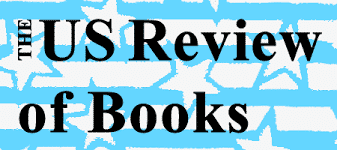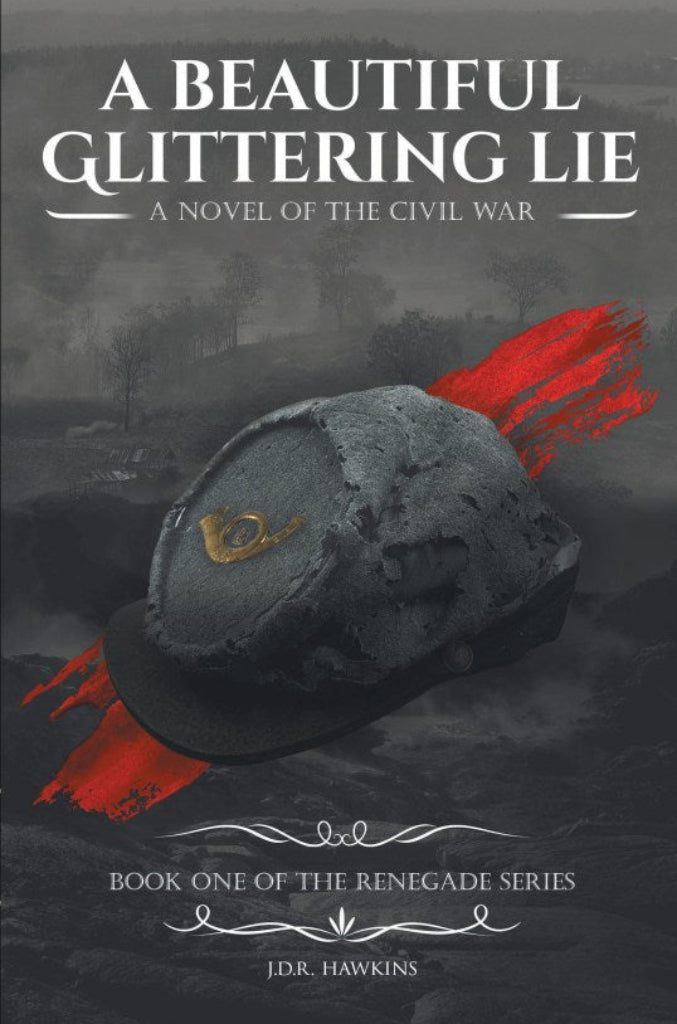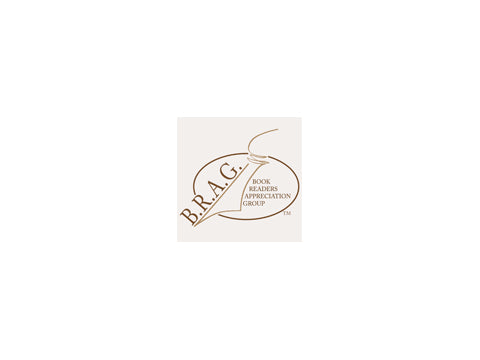
“Hawkins’s Narrative Stands Out”
– The US Review of Books
“The voices of thousands of wounded soldiers rose up from the ground in an eerie, harmonious chorus.”
In typical Hawkins fashion, the spirit of the battle, its highest highs and lowest lows, has been impeccably captured from the perspective of ordinary citizens turned soldiers. In this first volume of the Renegade Series, the author delivers an incredibly realistic experience for the audience. Readers not only get to read about the Civil War in an engaging manner, but they also get to feel the era come to life with the characters, their mannerisms, dialogue, and the tensions that tug at them as they are forced into difficult choices.
While history has already chronicled the Civil War, novels like this one truly embody the essence of the catalyst that led to bloodshed and the ensuing emotional turmoil. The novel opens up with the President of the Confederate States, Jefferson Davis, declaring in no uncertain terms through a grand speech that war is inevitable. Just as jarring in the same opening scene, where morale is at an all-time high and dreams of glory are transcending reality, is the seemingly casual yet well-placed reference to “faithful slaves,” who were tending to the sprained ankle of a slave owner’s wife. From the onset, this historical novel sets the stage for what many future historians will likely perceive not as a battle between the Union and Confederacy but a fight for the nation’s identity, its soul.
Many storylines run concurrently, with the prequel shedding light on a young David Summers before he has become hardened by battle and softened by love. Characters like Hiram are beyond endearing, and one really is forced to wonder how many needless lives, how many broken homes, and how many unfinished stories stain the battlegrounds of the Civil War. While names like General Lee and Stonewall Jackson will certainly add an aura of familiarity for audiences, the ordinary lives of citizens like Hiram and Bud are the ones readers will root for because they are true reflections of unbiased humanity.
Whether in the budding relationship between David and his stallion, Renegade, or the innocence and purity of David learning to play the guitar, Hawkins has an uncanny knack for character development as she builds a backstory with the main characters that audiences of the other Renegade books will devour. Though David has yet to join the battlefield at this point, he represents the thousands of young men whose parents went to battle, leaving their sons to accelerate their coming-of-age stories and thrusting them into the role of protector and provider for their families.
Above all else, the narrative is based upon the prerequisite of placing each character out of his comfort zone. The result is seeing the indomitable human spirit rise in the face of the grimmest adversities. Although equipped with the same essential facts as one would find in a history book, Hawkins’s narrative stands out in its ability to bring these moments to life in a way that is universally relatable and evergreen. Free-flowing with intriguing character development against the backdrop of a bloody yet pivotal time in American history, this narrative is a compelling must-read.
RECOMMENDED by the US Review
Review by Mihir Shah









